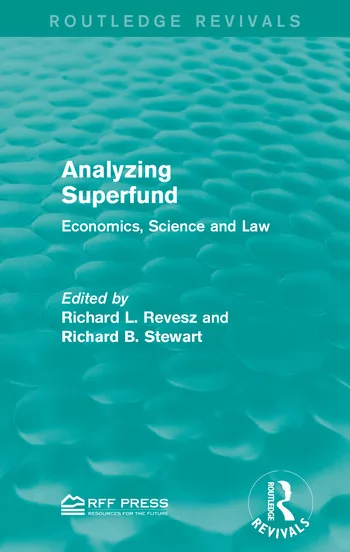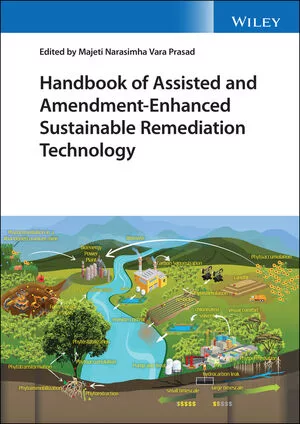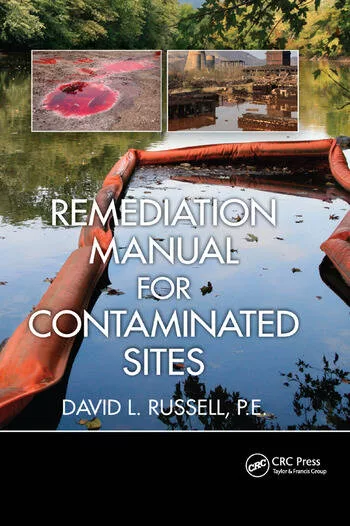EPA Scientists Who Sounded Alarm During Trump Admin Faced Retaliation
Report reveals that three EPA scientists were systematically punished for pushing back against the watering down of risk assessments

Main entrance of U.S. EPA Headquarters; the William Jefferson Clinton Federal Building on 12th Street, N.W., Washington, D.C. Photo by EPA
A scathing new report from the Environmental Protection Agency's Office of the Inspector General has exposed a pattern of retaliation against EPA scientists who challenged the agency's rubber-stamping of potentially dangerous chemicals.
The report, which follows a series of complaints filed by Public Employees for Environmental Responsibility (PEER), reveals that three EPA scientists were systematically punished for pushing back against the watering down of risk assessments for new chemicals being greenlit for commercial use. The scientists, whose identities have not been made public, had their performance ratings unfairly downgraded, were passed over for promotions, had awards withheld, and were even reassigned from the New Chemicals program despite a acknowledged shortage of scientists.
At the heart of the scandal is the EPA's deeply flawed implementation of the 2016 Toxic Substances Control Act (TSCA). The law mandates a 90-day review process for the agency to evaluate the safety of new chemicals, with the power to request extensions as needed. But in practice, the EPA has been approving chemicals at a breakneck pace without properly assessing their risks to human health and the environment.
The Inspector General's investigation found that the altered risk assessments flagged by the whistleblowers addressed grave concerns such as major birth defects, heightened fetal toxicity, and carcinogenicity. Yet, despite these red flags, the EPA pushed forward with approvals, creating a work environment where speed trumped safety.
They were "pushed like animals on a farm," one staffer described, with managers applying "intense" pressure to meet deadlines. The whistleblowers, who raised concerns about the rush to approve chemicals, were derided as "piranhas," "pot stirrers," and accused of "trying to indict every chemical."
These findings are particularly damning given the Inspector General's previous report last year, which found that not a single chemical had been barred from the market after 3,830 reviews. The IG concluded that "EPA does not have reasonable assurance that the new chemicals review process is properly considering and addressing risks to public health and the environment."
PEER Science Policy Director Kyla Bennett, a scientist and attorney formerly with the EPA who helped shepherd the whistleblowers' complaints, slammed the agency's failure to reform.
"Many of the problems the IG identified in EPA's chemicals division under the Trump administration continue unabated today, despite the Biden Administration's tweaks to the program," Bennett said. "The Inspector General's findings point to ongoing scientific integrity problems in EPA that directly endanger public health."
The PEER executive director, Tim Whitehouse, a former senior EPA enforcement attorney, was equally scathing. "These reports should set off alarm bells about the efficacy of the laws and policies designed to protect the work of scientists within EPA," Whitehouse said. "Even today, EPA continues to approve new chemicals without really understanding the risks these chemicals pose to human health and the environment."
The Inspector General has referred the reports of whistleblower retaliation to EPA Administrator Michael Regan and Congress, recommending that the offending managers be suspended for at least three days and fired if they are repeat offenders. One of the managers implicated in the retaliation received a "Manager of the Year" award just two months after targeting the scientists.
The affected scientists, Drs. Sarah Gallagher, Martin Phillips, and William Irwin, hold advanced degrees in chemistry, medicinal chemistry, and biochemistry/molecular biology. Their bravery in coming forward highlights the urgent need for the EPA to prioritize scientific integrity and protect its staff from retaliation.
As the Inspector General prepares to release further reports on the substance of the whistleblowers' complaints, one thing is clear: the public's health and safety depend on a drastic overhaul of the EPA's broken chemicals approval process.
"Even today, EPA continues to approve new chemicals without really understanding the risks these chemicals pose to human health and the environment," concluded Tim Whitehouse, PEER executive director and former senior EPA enforcement attorney. He noted that the IG reports took nearly four years to complete







